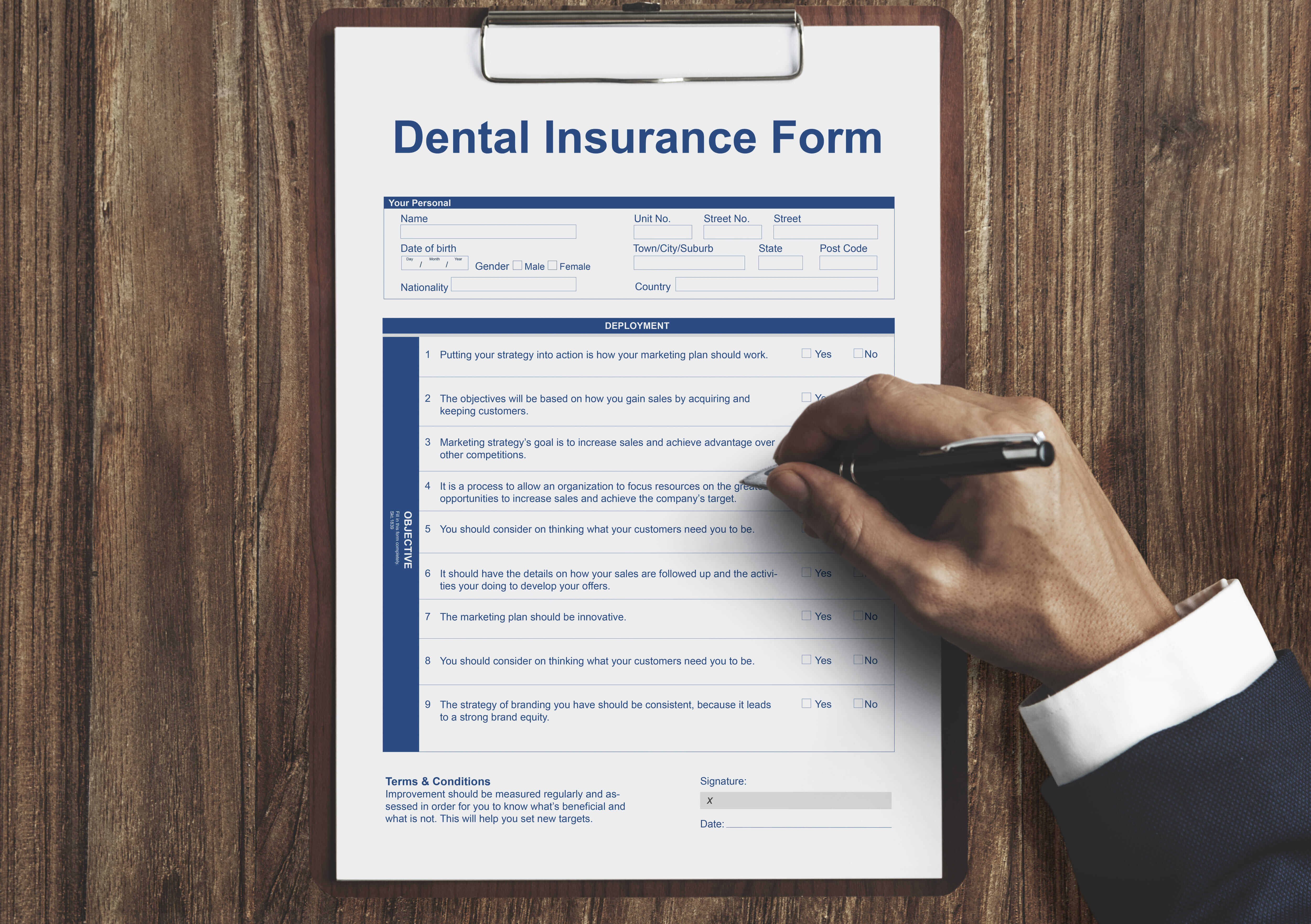Resolving Dental Patient Complaints: Best Practices for Success

A visit to the dentist's office can be a stressful and anxiety-inducing experience for many people, even under the best of circumstances. Unfortunately, dental patient complaints arise when negative experiences occur, leading to various grievances. It is crucial for dental professionals to recognize and address these complaints, both for the sake of individual patients and the long-term success of their practice.
Common Dental Patient Complaints
There are several common dental practice complaints that patients may experience. Understanding these common complaints can help dental professionals address patient concerns and improve the overall dental care experience. In the next section, we'll explore some of the potential causes of these complaints.
Some of the most frequently reported complaints include:
Long wait times or difficulty scheduling appointments:
Many patients report frustration with long wait times in the dental office or difficulty scheduling appointments that are convenient for them.
Poor communication or customer service:
Effective communication and quality customer service are essential components of a positive dental care experience. Complaints about poor communication or customer service may include unresponsive staff, lack of information provided to patients, or inadequate explanations of treatment options.
Billing issues or unexpected costs:
Dental procedures can be expensive, and patients may be frustrated by unexpected costs or unclear pricing information. Billing errors or a lack of transparency in pricing can contribute to this complaint.
Lack of transparency or informed consent:
Patients have the right to be fully informed about their dental care and to provide informed consent for any procedures performed. Complaints related to this issue may include lack of information provided to patients about treatment options or risks, or procedures performed without proper consent.
Lack of personalized care or attention:
Dental care is a highly personalized service, and patients may be dissatisfied with a lack of attention or individualized care from their dental providers. This complaint may include feeling rushed or overlooked during appointments or not having their specific concerns addressed.
Triggers of Patient Dissatisfaction
By identifying the potential causes of patient complaints, dental professionals can take steps to address them and improve the overall dental care experience for their patients. Several factors may contribute to the common dental practice complaints mentioned above. Some of the potential causes include:
Overbooking or Scheduling Issues
Dental offices may struggle with managing patient appointments, resulting in long wait times or difficulty scheduling appointments at convenient times for patients.
Inadequate Training or Staffing
Dental professionals may not receive adequate training or support to effectively communicate with patients or manage billing and administrative tasks.
H3: Lack of Transparency or Education
Patients may not fully understand the details of their dental care, including the costs and potential risks of procedures. Dental professionals may need to improve transparency and education efforts to address these concerns.
Insufficient Attention to Patient Needs
Dental professionals may not take the time to fully understand and address the unique needs and concerns of each patient.
Handling Patient Complaints
Addressing practice complaints requires a proactive approach that focuses on improving patient satisfaction and addressing any concerns in a timely and effective manner. By following these tips, dental practices can help to ensure that patients have a positive experience and are more likely to return for future appointments.
Be transparent about pricing and billing procedures:
Dental practices should provide clear and transparent pricing information, including details about insurance coverage and any out-of-pocket expenses. This can help to avoid misunderstandings and billing errors that can lead to complaints and dissatisfaction.
Offer Patient Financing Options:
By offering patients financing options with affordable monthly payments, dental practices can increase customer satisfaction and potential loyalty. Dental patient consumer financing allows patients to access necessary treatments without financial strain, helping practices retain more patients while improving overall patient experience.

Provide personalized care and attention to patients:
Dental professionals should focus on creating a personalized experience for each patient, taking the time to listen to their concerns and needs. This can help to build a strong patient-provider relationship and improve overall satisfaction.
Communicate clearly and effectively with patients:
Dental professionals and staff should communicate clearly and effectively with patients, using plain language and avoiding technical jargon. This can help to ensure that patients fully understand their treatment options and any associated costs.
Train staff on effective communication and customer service skills:
Dental practices should invest in ongoing training and education for staff, particularly when it comes to effective communication and customer service skills. This can help to improve patient interactions and reduce the likelihood of complaints or misunderstandings.
Be responsive and prompt in addressing complaints or concerns:
When patients have concerns or complaints, it is important for dental practices to respond in a timely and effective manner. This can help to resolve issues quickly and prevent them from escalating into more serious problems.
Summary
Common dental practice complaints can have a significant impact on patient satisfaction and the success of a dental practice. From long wait times to billing errors and communication issues, there are a variety of factors that can contribute to patient complaints. However, by understanding the causes of these complaints and taking steps to address them, dental professionals and patients can work together to create a more positive and successful dental care experience.

















